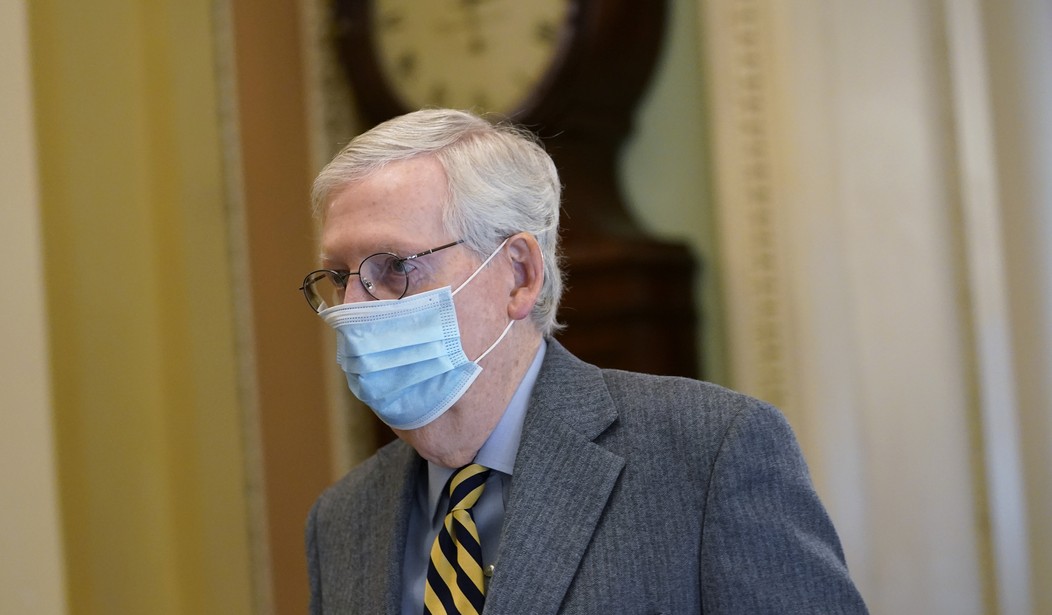The current majority and minority leaders of the Senate are hashing out the details of an agreement on power-sharing in the Senate that would make the business of legislating a little more organized, if not easier.
With a 50-50 split of senators between the two parties, getting anything done will be a nightmare of procedural votes and challenges. By agreeing on sharing certain powers, the two leaders hope to make the gridlock more manageable.
The negotiations have been built around how the Senate operated the last time there was a 50-50 split in 2001. At that time, it was Republican Dick Cheney serving as vice president, holding the deciding vote.
Similar to those rules, set in January 2001, Schumer and McConnell aides are discussing allowing bills and nominations to advance to the Senate floor even if they are tied during committee votes, something that could become common given that each party is expected to have the same number of seats on committees.
Democrats will hold the chairmanships of the committees, giving them power to set the agenda, and Schumer will be granted the title of majority leader since Vice President-elect Kamala Harris will cast tiebreaking votes on the floor.
Giving Republicans equal representation on committees doesn’t mean a lot — especially since a bill that didn’t pass the full committee can be brought to the floor anyway if the committee vote was tied. Besides, there’s always an off chance that a Democratic renegade will swing the vote the GOP’s way. Of course, there’s a similar scenario if a Republican on a committee decides to cross the aisle and vote with the Democrats. There will be enormous pressure on committee chairs and ranking minority members to keep their members in line.
But nothing can be accomplished until all 100 senators have been sworn in.
Democrats are still waiting for the seating of the two new Georgia Democrats — Sens.-elect Raphael Warnock and Jon Ossoff — who won their runoff races this month. Georgia election officials had expected the certification process to be completed by Tuesday, and if it is, it’s possible the two senators could take their oaths and be sworn in that day, according to Democratic sources.
Harris resigned her Senate seat on Monday, and will soon be replaced by Democrat Alex Padilla. It’s still uncertain when Padilla will be sworn into office.
Two of those three Democrats are replacing conservative Republicans and Padilla is more radical than Harris. The Senate is not only going to be Democratic, but it’s also going to be the most liberal it’s ever been.
But the Senate was designed to allow the minority to throw a monkey wrench into the legislative works. McConnell has proven himself to be a canny leader with an encyclopedic knowledge of Senate rules and the ability to use them to Republicans’ advantage.
Schumer is going to be busy trying to keep several factions of radicals happy and on the reservation. It will be interesting to watch how the two men navigate this minefield of a divided Senate.










Join the conversation as a VIP Member